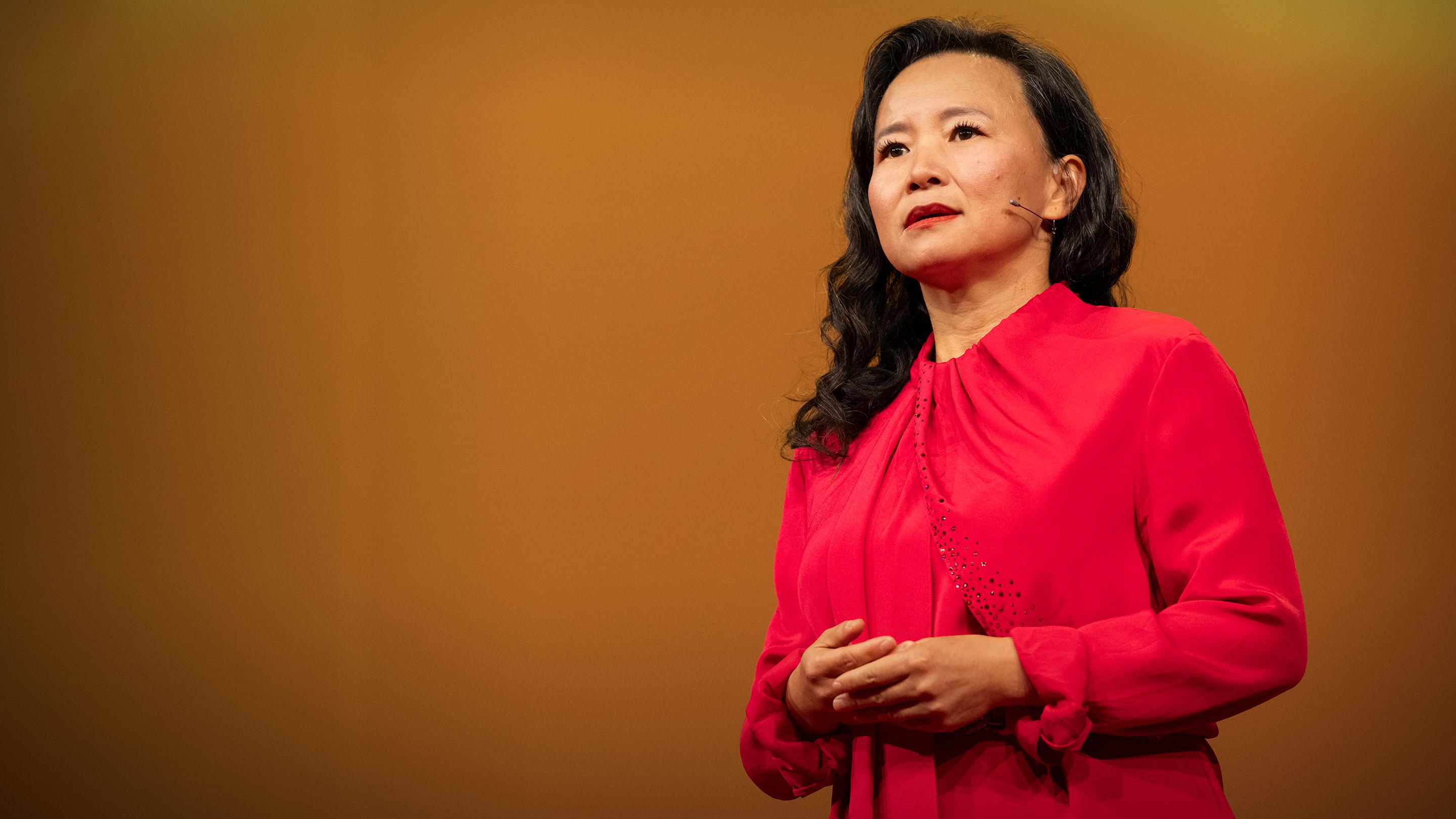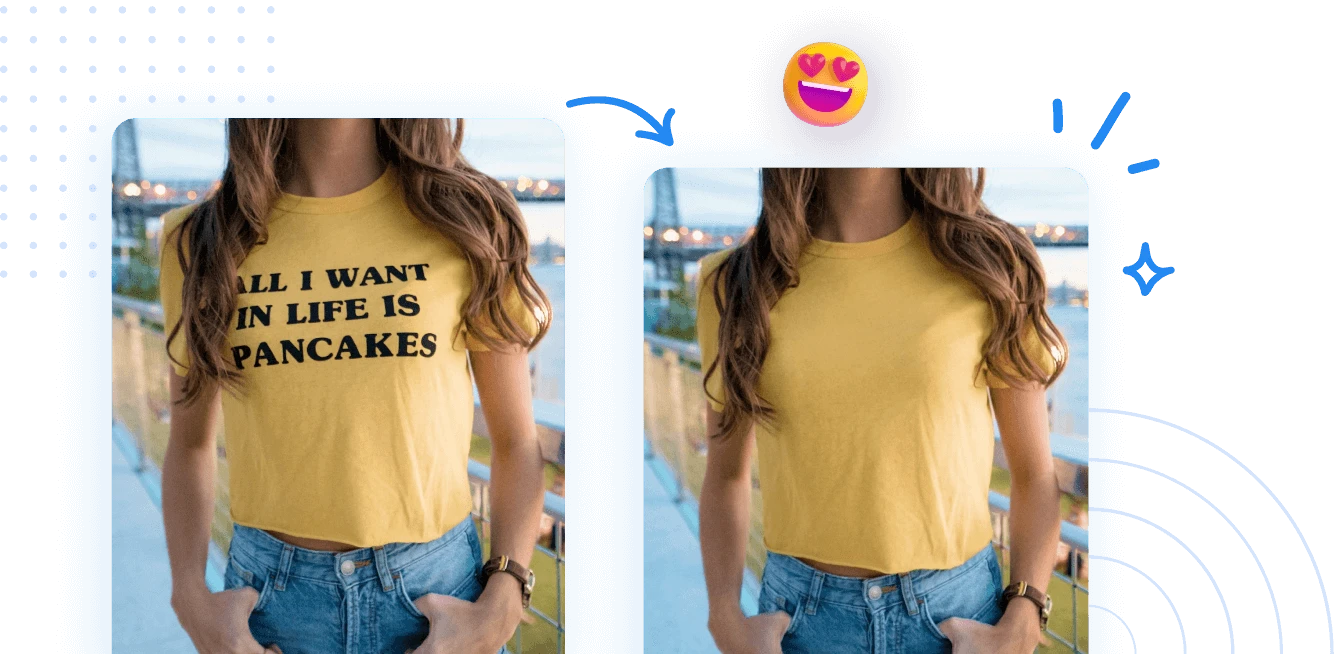What I learned about freedom in a secret Chinese prison

My talk is about what I didn't have for a long time.
I received free accommodation from the Chinese government
for over three years
for so-called leaking state secrets overseas
at the worst time for Australia-China relations.
And the first phase was called RSDL, Chinese spelling for hell.
Then in detention,
the sort that makes jail seem like Ibiza.
And it was through that ordeal, call it the wonder diet,
that I realized freedom is wasted on the free.
Let me explain.
When you only have a few dollars, you know how to spend it.
When you win the lottery,
it's easy to squander and hard to get your priorities right.
Same with freedom.
You can be paralyzed by choice.
You can't comprehend the vastness or the preciousness.
So how do you make freedom count
when you're lucky enough to have it?
To start, what it felt like to be not free:
In RSDL,
I had two guards glued to me, front and side.
At all times.
I was made to sit for 13 hours straight each day.
I had to request permission to make the smallest movement.
And you know what I wanted to do the most?
I wanted to run!
And usually I hate running.
I couldn't talk.
Which to me is major torture.
I wanted to talk to anyone,
but in real life I have sometimes worn EarPods to shut people out.
And I would have done anything to learn.
Except when I was outside,
I wasted the chance.
I was too busy.
Then I moved to detention.
I had three cellmates
and that already felt like freedom paradise.
Nobody in the cell regrets things like money or assets,
but we were kicking ourselves over the travel we didn't do,
the love we didn't show,
the risks we didn't take.
Imprisonment is like a mini death.
It's a taste of the real thing.
It hit us that one day we'll lose the chance to do everything,
even the stuff we hate now.
So now
I do things I want immediately.
Another way to value freedom
is to be super aware of the forms of prison.
My son asked me,
if a kid goes to the same nursery, elementary, high school,
is that a 13-year sentence?
It got me thinking about life as a death sentence,
and the prisons we put ourselves in.
Property, objects can tie us down.
Relationships can be shackles too.
And we sometimes give up our civil liberties
in exchange for a neat society.
But the maximum security prison
is our mind.
Our fears and conventions and biases.
And that's why the officers in detention,
who are so bound by doctrine,
couldn't understand that we could learn with delight
and make fun behind bars.
I talk about imprisonment,
but in fact, everyone here,
we've all had some loss of physical freedom.
COVID lockdowns.
We've all been sick in bed.
But when we lose physical freedom,
it's an opportunity to find freedom within.
And that's how I could,
when I was blindfolded and handcuffed,
think myself to infinity,
through imagination,
knowledge
and a BTFI serenity.
Beyond the Fuck It.
(Laughter)
It means no matter how bad things get,
riding out the worst part,
which for me had been
wanting to bash my head open against the tiles
to shut off the mental anguish.
It had been being stripped naked in a cage.
So the ultimate state of being
is to be serene.
But you can't get there until you've exhausted the other extreme.
Anxiety, pain, despair.
And now I'm giving a TED talk.
(Cheers and applause)
Thank you.
And when we are serene, we can choose kindness.
When those guards watched me at all times,
I would still say "good morning" to them.
I didn't hold it against them when they enforced the strict rules,
because I saw that they suffered too.
During the shifts they couldn't talk, drink water or even go to the toilet.
They had to watch me shit, shower and sleep.
Later in detention,
I would still show courtesy to the officers,
even when they were rude.
Even when they encouraged us to snitch.
I still chose to forgive my cellmates and empathize.
If I become vengeful and petty, then they've taken away more from me.
I was in a cell for a while with a terrible bully.
She made my life hell.
But once called for a midnight interrogation,
she was so scared
she asked if she could hold my hand.
I hugged her and comforted her.
Once you realize that pain is the ultimate commonality,
you can also give kindness as the universal gift.
Some of the most precious gifts I've received were in detention,
even though we had close to nothing.
Music.
A cellmate wrote a song in her head in solitary
and sang it for me on my birthday.
No Spotify or ChatGPT, or even notepad.
From her head to our ears.
Poetry.
An acrostic poem knocked via the adjacent cell's walls
through an alphabetical code.
It took over 400 knocks and precise counting
to receive that message.
But you know what?
With each knock, I could feel the power of friendship transcend those thick walls.
Of course we were punished,
but it was worth it.
Crafts that we made in secrecy that were destroyed once seen
because it was against the rules.
But the objects
were nothing compared to how we felt
in making and giving those gifts.
So you see, there can be
endless creativity even within a world of constraints.
And maybe by having so much,
we lose the ability to create something out of nothing.
I'm not promoting detention,
but like athletes training at high altitude,
setting some constraints may expand our minds.
We can also expand our appreciation of life
through some deprivation
because that recalibrates your Richter scale for joy.
One summer night in detention, there was a blackout.
The only darkness we'd experienced in all those years.
The hateful fluorescent lights were off
and nobody could see us on the monitors.
Five minutes of joy that we talked about for months.
Then recently, in my hometown of Melbourne,
there was a storm blackout.
And instead of smiling in the lotus position,
guess what I was worried about.
Food in the freezer.
Charging the electronics.
Some other first world problems we complain about.
Oh, the weather, the Vancouver rain.
Well, in there I have been in tears because I could finally smell the rain.
The traffic.
Well, in there the only traffic was bumping into my cell mate
along the one-meter wide corridor
along which to walk five meters.
Too many emails!
I went for months without a letter.
I had one phone call in all those years.
Annoying kids.
I used to have to imagine my kids' faces
because I couldn't keep a photo of them in the cell.
So you see, when our canvas is so full,
we look at that little smudge
and we magnify it.
But when our canvas was bare,
we could celebrate even one drop of color.
And that's what I hope I will continue to do.
And I hope you will join me.
Remind ourselves
of the blindness
so we can see life fully.
Like a newborn.
Thank you.
AITransDub
AI-toega videote tõlge ja dubleerimine
Murdke keelebarjäärid koheselt! AI-toega täppisõlkimine ja teie videote välkkiire dubleerimine.
AITransDub
Contacts
Copyright © 2025 AITransDub.com - All rights reserved.
